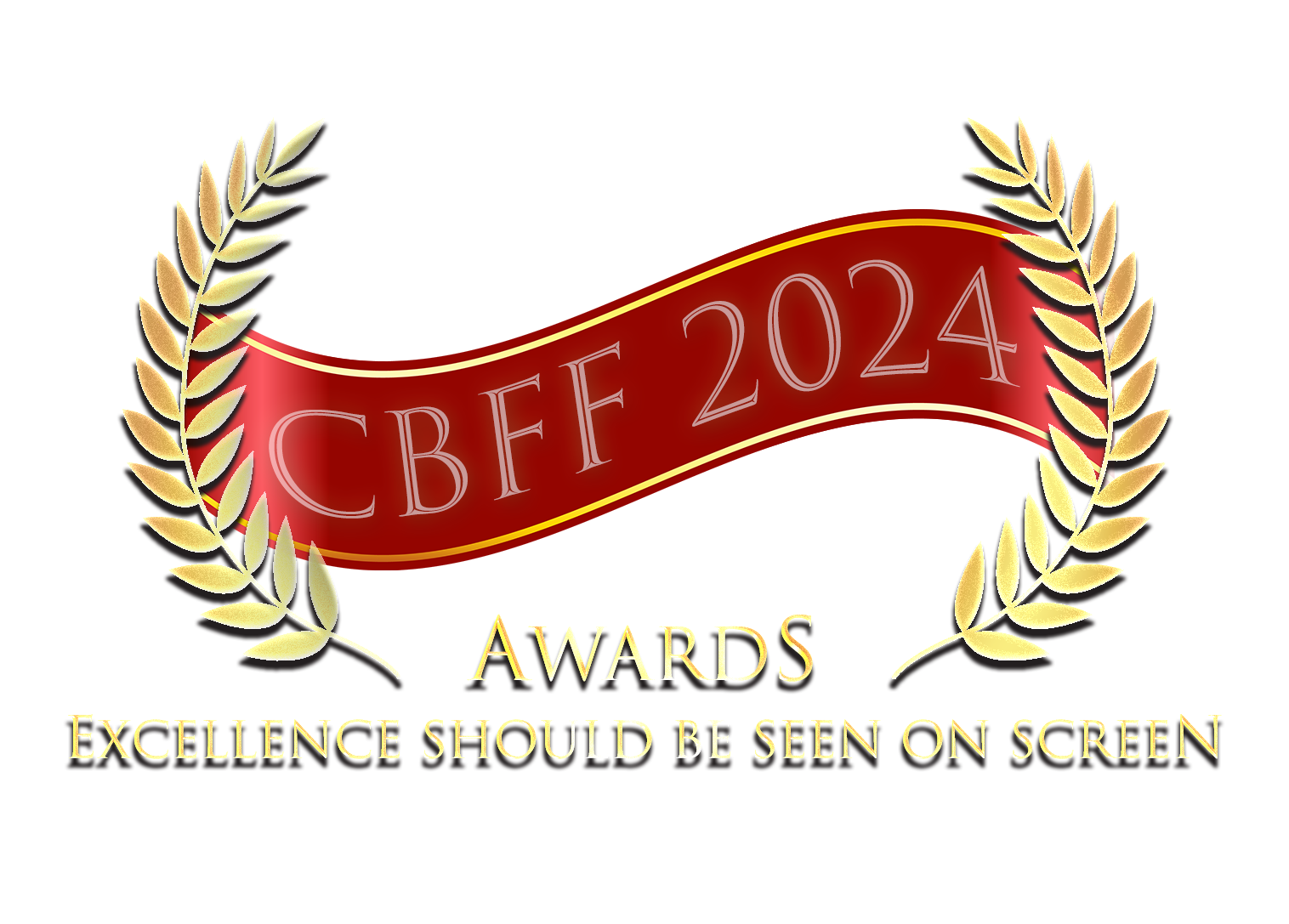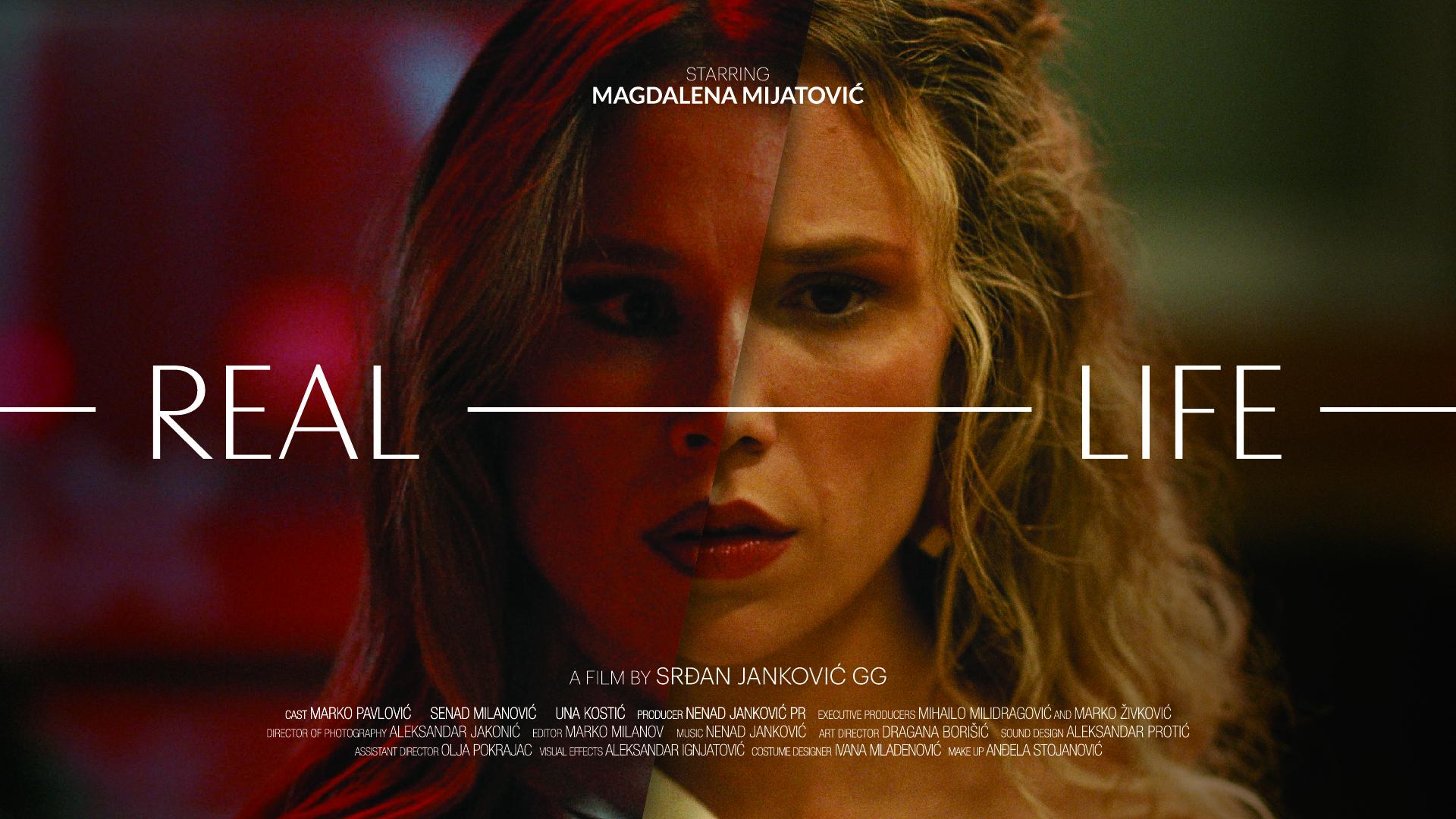In the near future, society has succumbed to the ubiquitous artificial intelligence dating application called "ReaLife," which has become an integral part of almost every inhabitant on the planet. The application underwent a revolutionary self learning update-allowing users to send avatars instead of themselves on romantic dates. These avatars represent perfect versions of themselves (more attractive, smarter, and more confident). In this tense and emotionally charged science-fiction comedy, we explore not just the addiction to artificial intelligence but also the deeper implications of such a system on the human psyche and romantic relationships.
The main character of the film is Neda (26), a young and successful intern who hides her insecurities and romantic nature behind a strong exterior. Neda is deeply in love with Mirko but has never had the courage to confront him face-to-face. Instead, Neda has sent her avatar on twelve dates with Mirko's avatar, as Mirko also sends his avatar due to insecurity.
The central conflict of the film arises from the struggle between Neda and the "ReaLife" application. Like many others, Neda has become addicted to this artificial intelligence system, which has even taken over aspects of the romantic experience. However, Neda feels an internal struggle to find the courage and strength to break free from this dependency and confront the real Mirko. We discover that "ReaLife" is not just a simple critique of social media and its impact on people but a dive into the internal emotional challenges we face in the digital age.
The film is set in Belgrade in the year 2030, with scenes taking place in Neda's apartment, where she confronts the "Best Version of Herself"—her avatar, and in the restaurant "Walter," where the avatar dates unfold.
Inspired by the cult series "Black Mirror," the film "ReaLife" explores the unpredictable consequences of the near future if responsible steps are not taken in the development of technology and setting boundaries. Additionally, inspiration was drawn from Woody Allen's film "The Purple Rose of Cairo," which delves into the boundary between reality and illusion.
The visual approach of the film is futuristic, with a color palette reminiscent of the "ReaLife" application's aesthetics. The camera movements are dynamic during scenes involving avatars, while in scenes with real people, there's a slower pace to emphasize the contrast between the virtual—fast-paced—and the real—slow-paced—worlds.
"ReaLife" is a cinematic journey that will provoke audiences to contemplate the boundaries of technology, love, and their own courage, leaving them with an open question of whether Neda will triumph over her addiction to the "ReaLife" application or if her dependency will persist.

